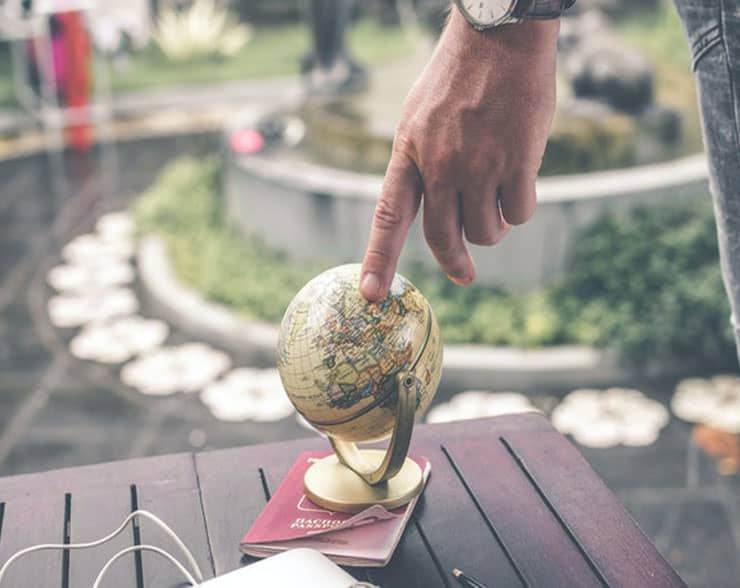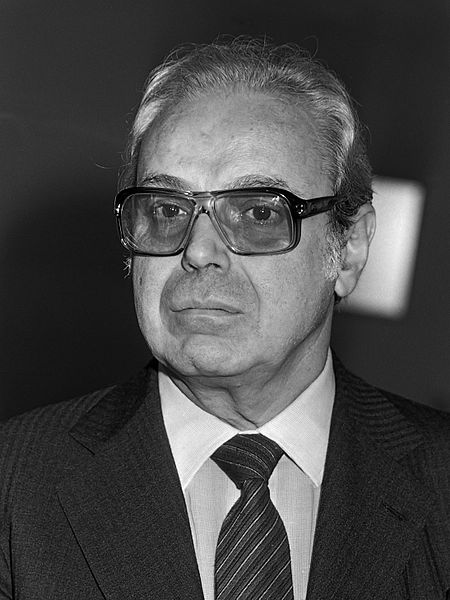 Education of World Citizenships.
Education of World Citizenships.
Knowledge and Skills for World Citizenship.
Featured Image: Photo by Artem Beliaikin on Pexels.
The Association of World Citizens Promotes Knowledge and Skills for World Citizenship.
Rene Wadlow.
The Association of World Citizens stresses that our oneness with humanity and our acceptance of the whole planet as our home involves a process of change both in the attitudes of individuals and in the policies of States.
Humanity is clearly moving towards participation in the emerging World Society. An awareness of the emerging World Society and preparation for full and active participation in the emerging World Society is a necessary element of education at all levels, from primary schools, through university and adult education.
The Association of World Citizenship stresses that a World Citizens is one:
- Aware of the wider world and has a sense of his role as a world citizen;
- respects and values diversity;
- has an understanding of how the world works economically, politically, socially, culturally, technologically and environmentally;
- is outraged by social injustice;
- is willing to act to make the world a more equitable and sustainable place;
- participates in and contributes to the community at a range of levels from the local to the global.
The Association of World Citizens believes that World Citizenship is based on rights, responsibility and action.
The rights and freedoms are set out by the Universal Declaration of Human Rights and related human rights conventions such as the International Covenant on Economic, Social and Cultural Rights, the International Covenant on Civil and Political Rights, the Convention on the Rights of the Child, and the Convention for the Elimination of All Forms of Discrimination Against Women. These UN-sponsored human rights treaties are the basis of world law which deals directly with individuals and not just with States.
In most cases, there are procedures that exist for the redress of violations of these rights at the national, regional, and UN levels. These rights should enable all persons to participate effectively in national, regional and the world society.
The idea of responsibility has been often discussed within the United Nations, but it has been impossible to set out agreed-upon obligations. Rather, a sense of responsibility toward the Planet and toward others is left to the individual’s conscience and moral sense. Nevertheless, a sense of responsibility, an ethical concern for social justice, and the dignity of humanity is central to the values of a world citizen.
Action is at the heart of the attitude of a vibrant world citizen.
Action must be based on three pillars: knowledge, Analysis and Skills.
Knowledge:
Background knowledge, a sense of modern history, of world trends, and issues of ecologically-sound development is fundamental. As one can never know everything about issues that require action, one needs to know where to find information and to evaluate its quality for the actions one wants to undertake.
Analysis:
It is important to be able to analyse current trends and events, to place events in their context, to understand the power relations expressed in an event. One needs to try to understand if an event is a «one-time only» occurrence or if it is part of a series, an on-going process, if it is a local event or if it is likely to happen in other parts of the world as well.
Analysis is closely related to motivation. If from one’s analysis, one sees a possibility for creative action alone or with others, one will often act. If from analysis, it seems that little can be done as an individual, then one can urge a government to act. The degree of personal involvement will usually depend on the results of the analysis of a situation.
Skills:
Political skills are needed to make an effective world citizen. A wide range of skills is useful such as negotiation, lobbying, networking, campaigning, letter writing, communications technology and preparing for demonstrations. These are all essential skills to join with others for a strong world citizen voice in world politics. Some of these skills can be taught by those having more experience, for experience is the best teacher. It is by networking to new individuals and groups that one learns the potentials and limits of networking.
In our period of rapid social and political change, the past cannot provide an accurate guide to the future. Anticipation and adaptability, foresight and flexibility, innovation and intuition, become increasingly essential tools for creative political action.
Rene Wadlow, President, Association of World Citizens.

Presidente, Asociación de World Citizens (AWC).
Cursó Estudios de Relaciones Internacionales en La Universidad de Chicago.
Cursó Estudios en el Programa Especial de Civilización Europea en
La Universidad de Princeton
Here are other publications that may be of interest to you.
Sorry, no posts were found.


